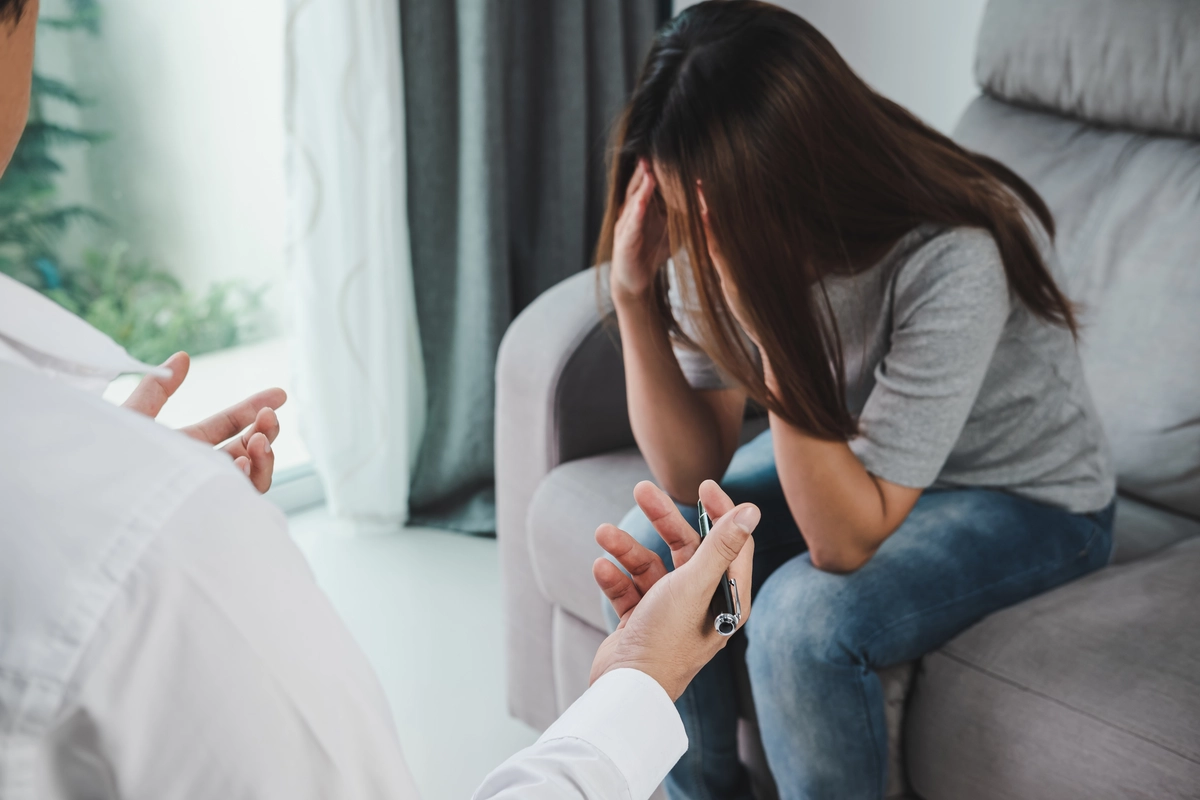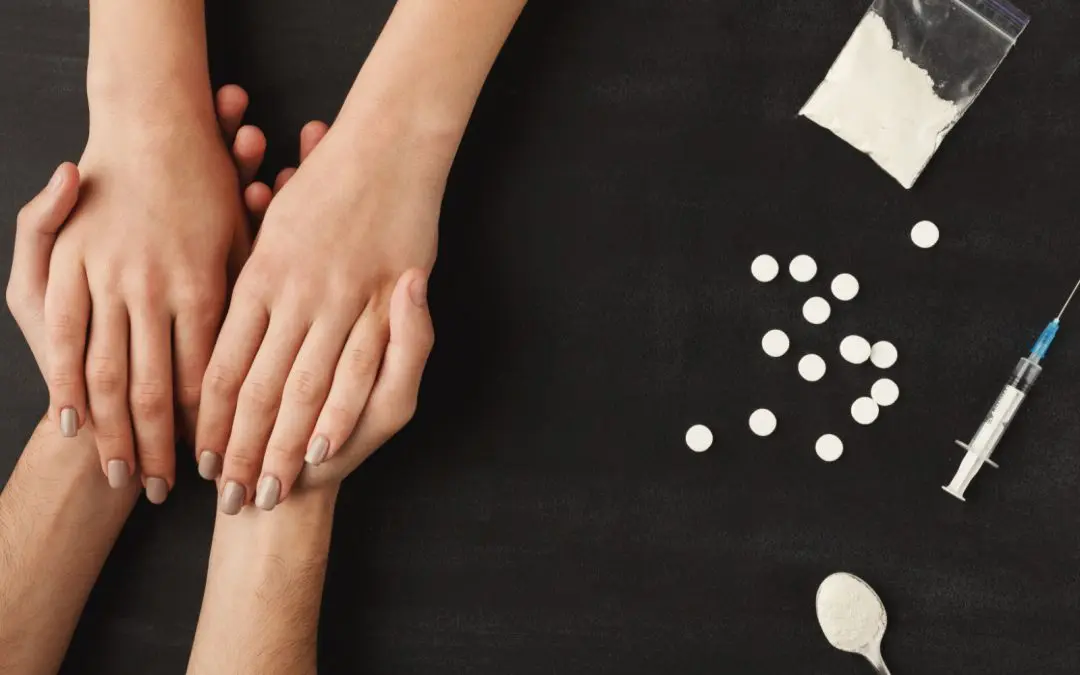24/7 Helpline:
(866) 899-221924/7 Helpline:
(866) 899-2219
Learn more about Prescription drug Rehab centers in Early County

Other Insurance Options

Excellus

ComPsych

Premera

Ceridian

Group Health Incorporated

Evernorth

Lucent

Carleon

Absolute Total Care

CareFirst

Ambetter

American Behavioral

Health Net

Highmark

MVP Healthcare

Providence

UMR

WellCare Health Plans

Coventry Health Care

Magellan Health















Early County Mental Health Center
Early County Mental Health Center is a public rehab located in Blakely, Georgia. Early County Mental...





























